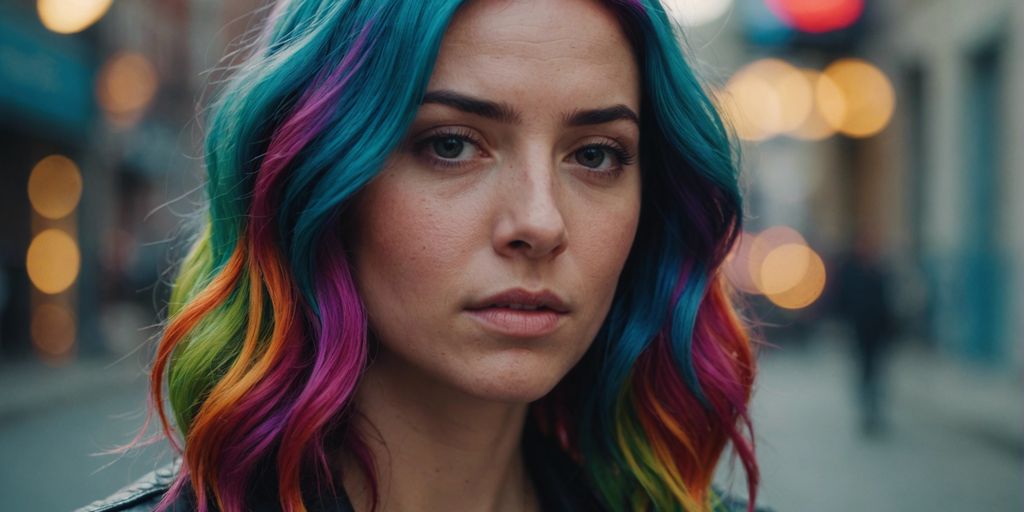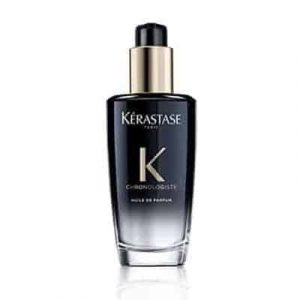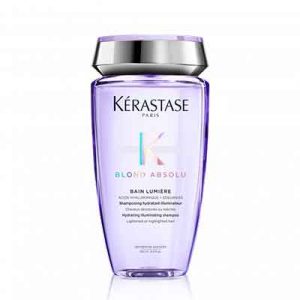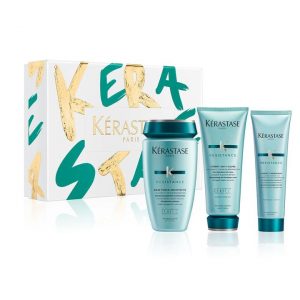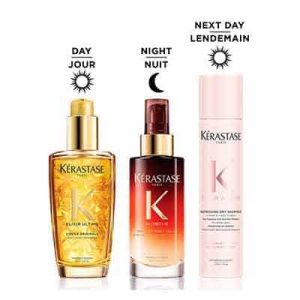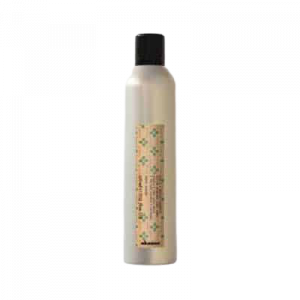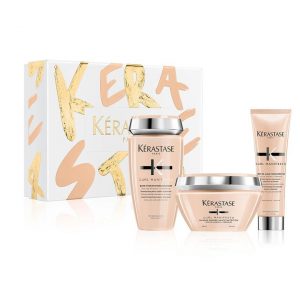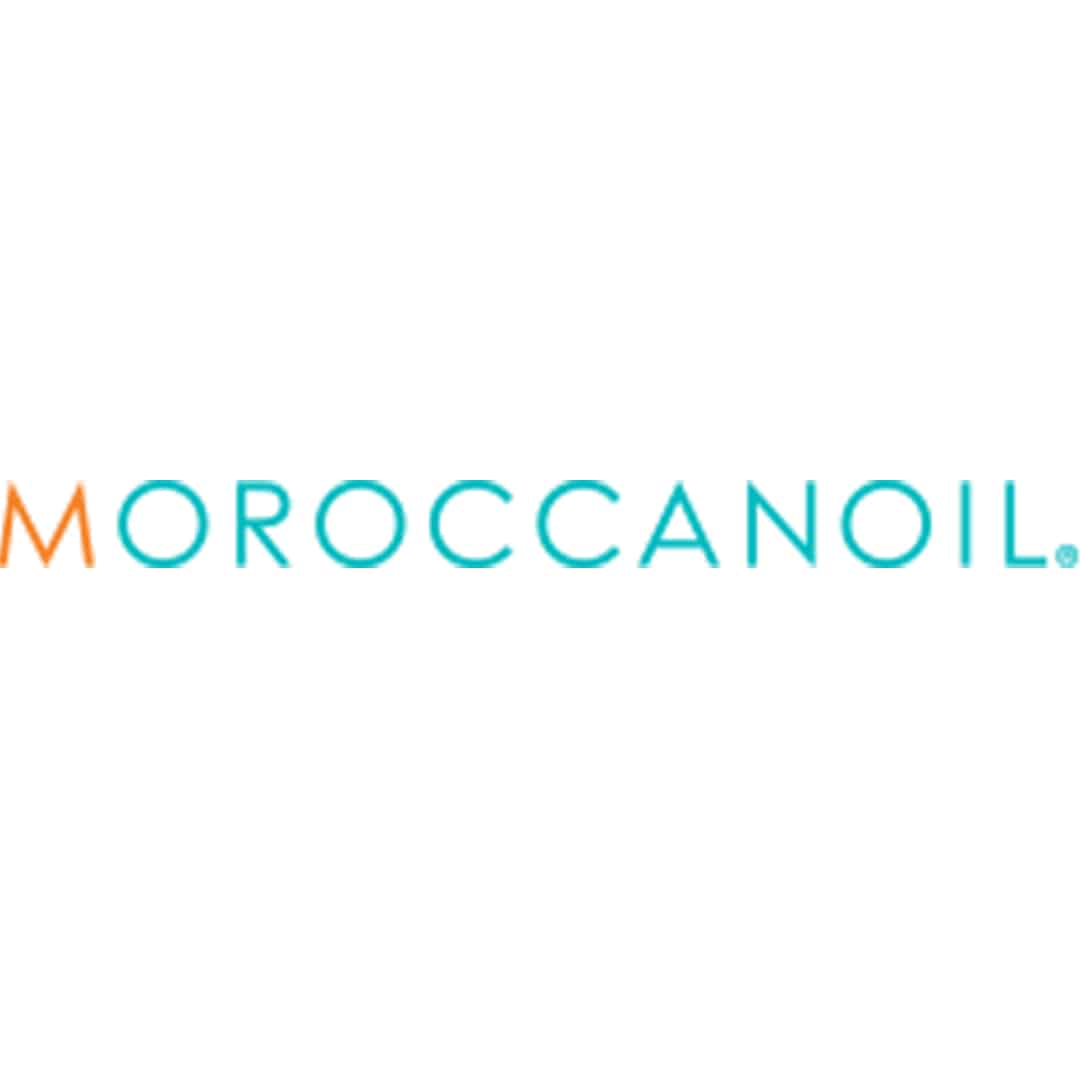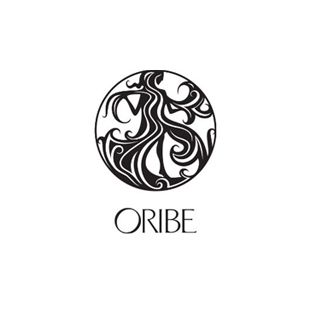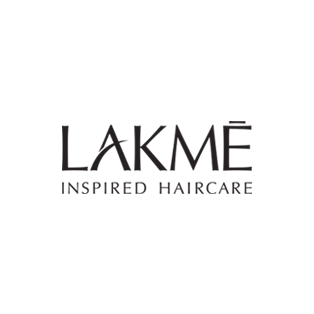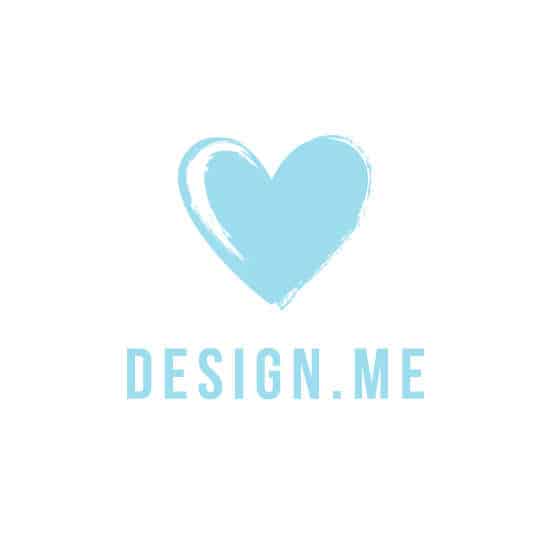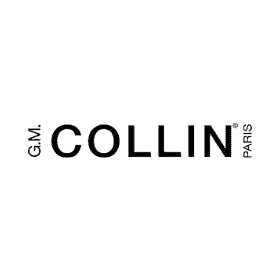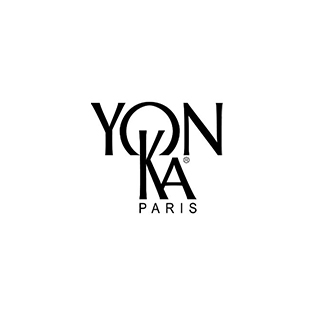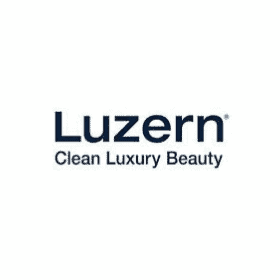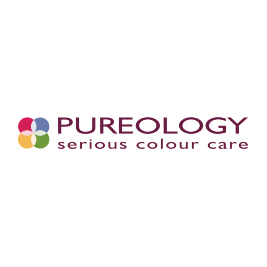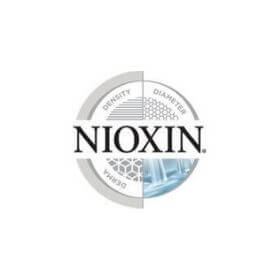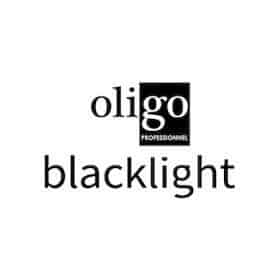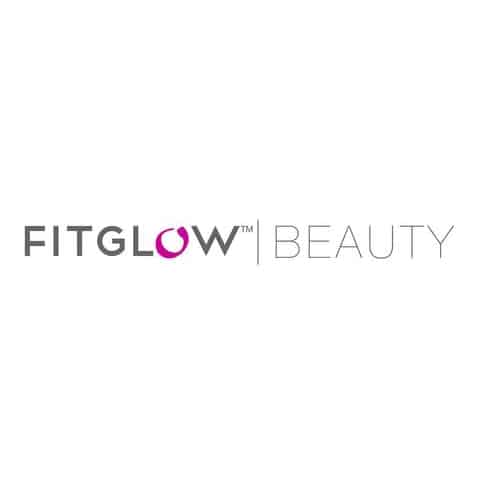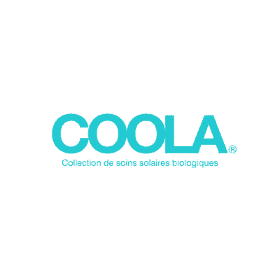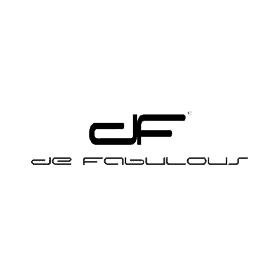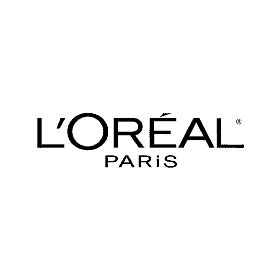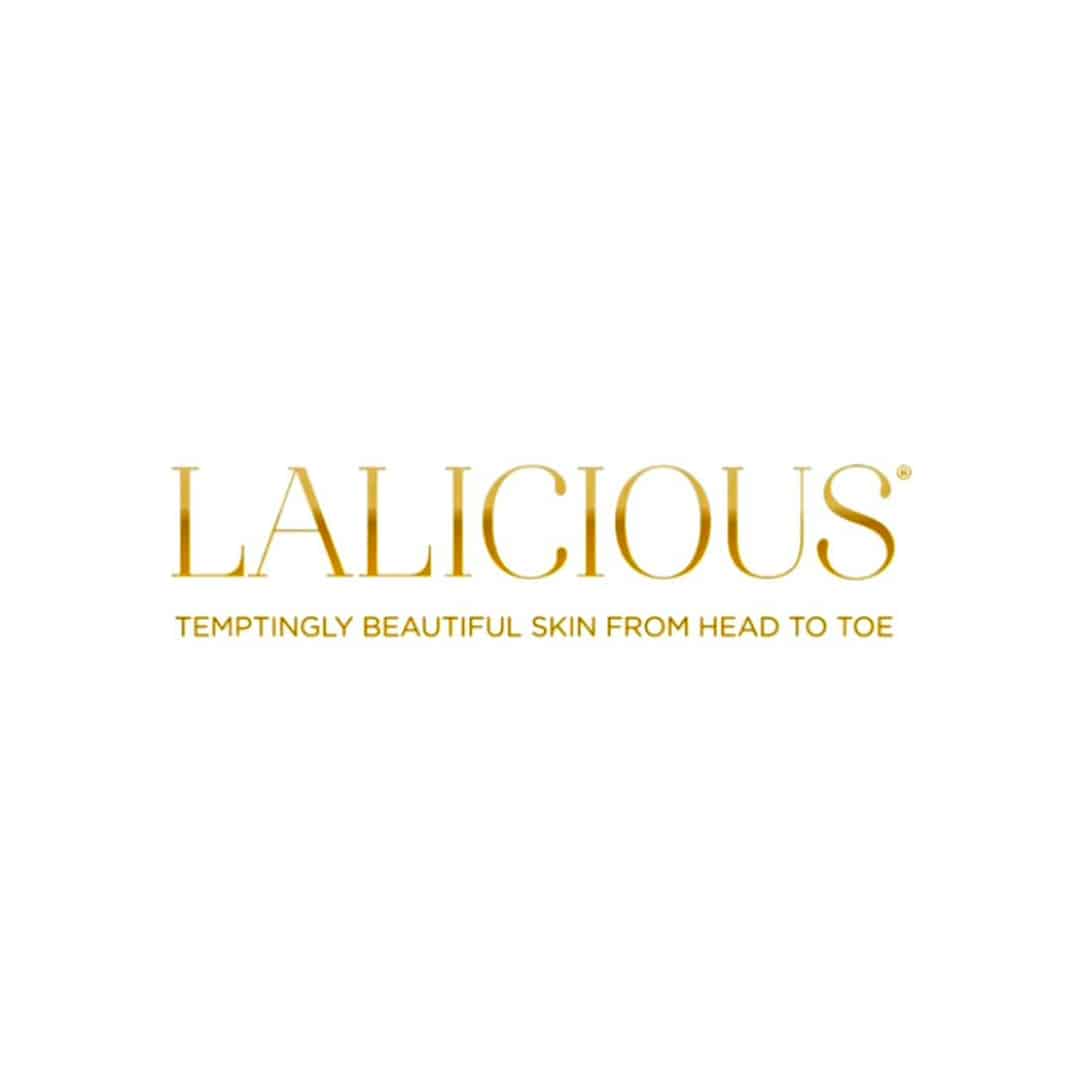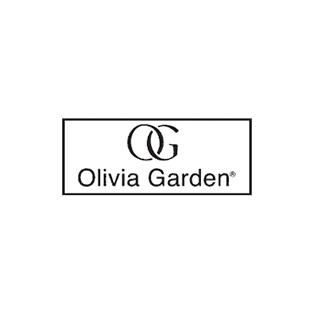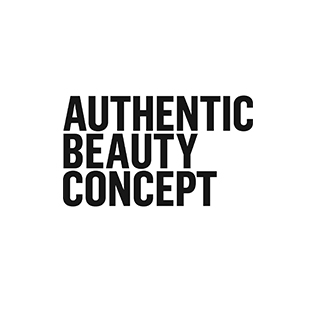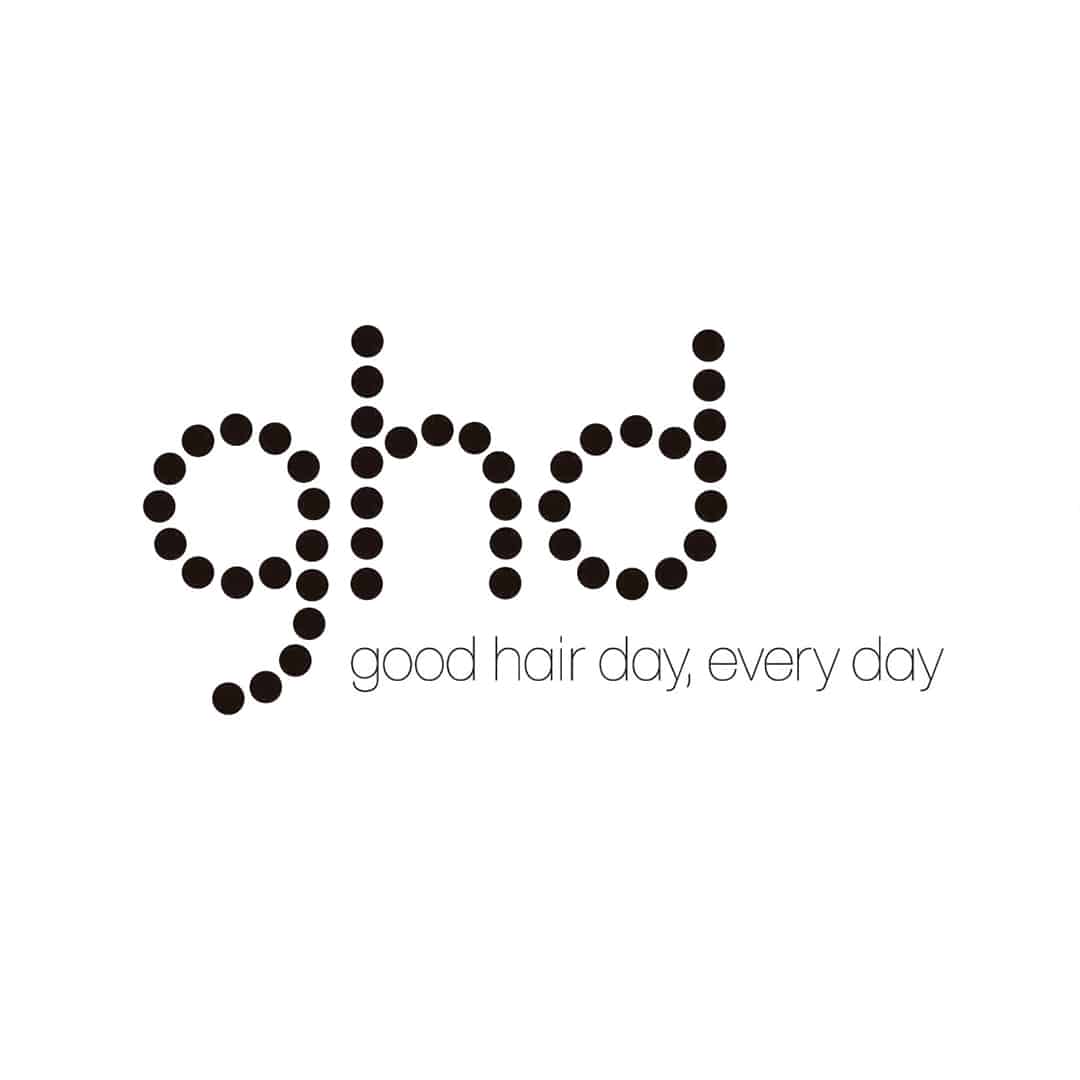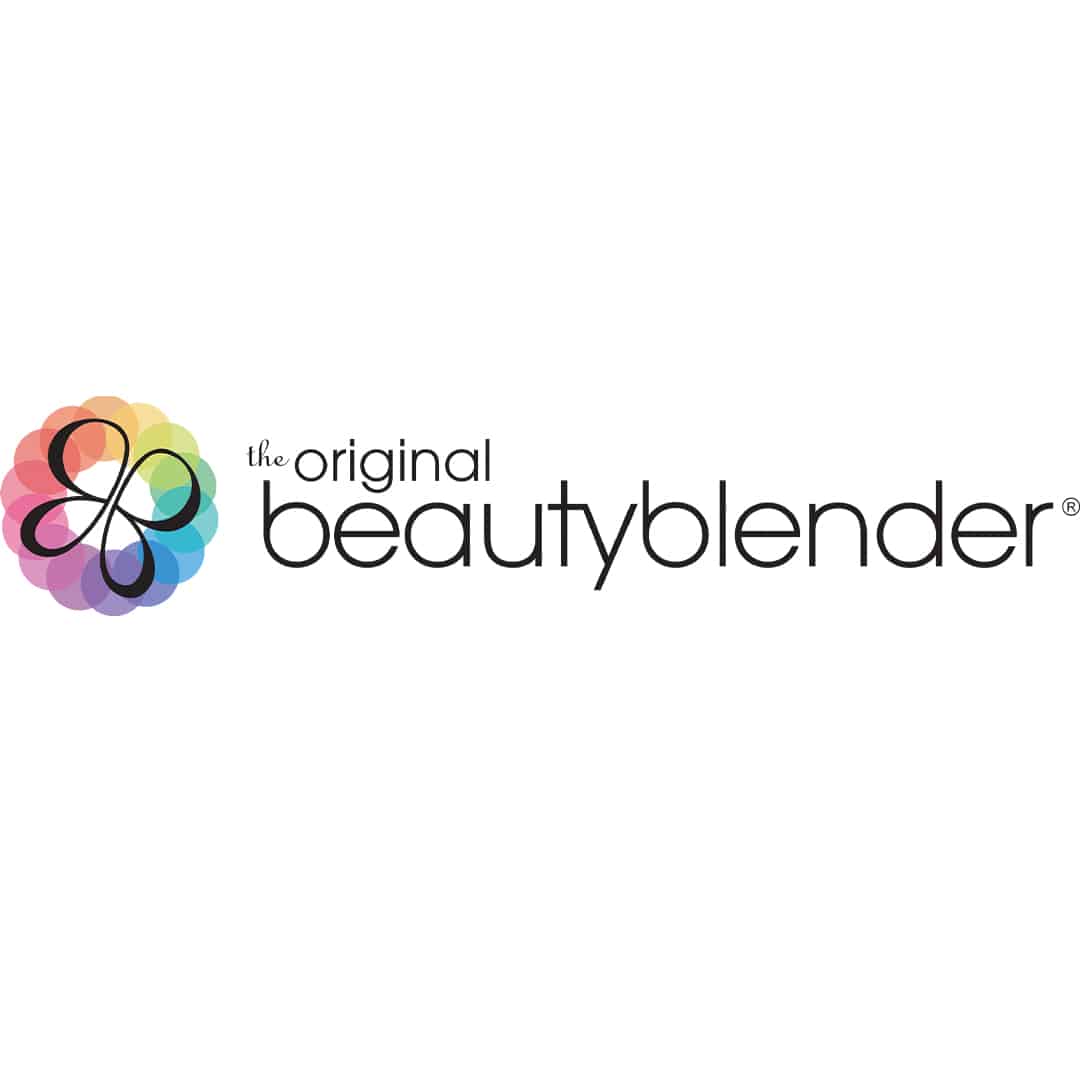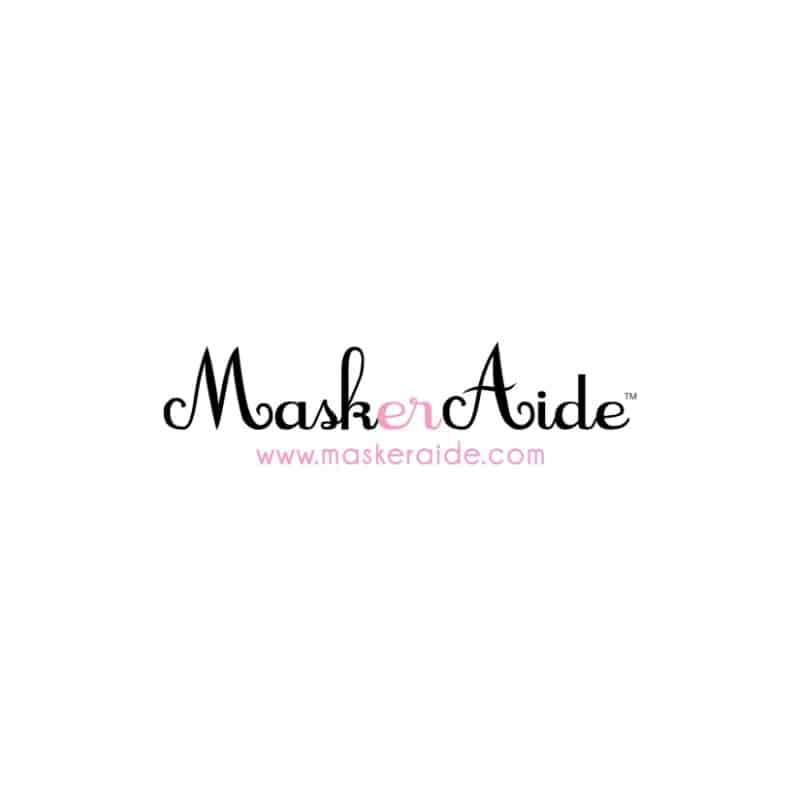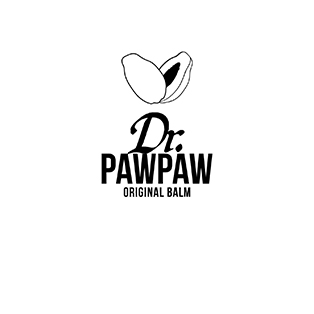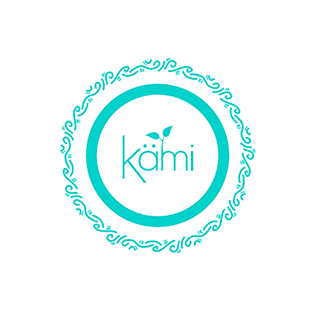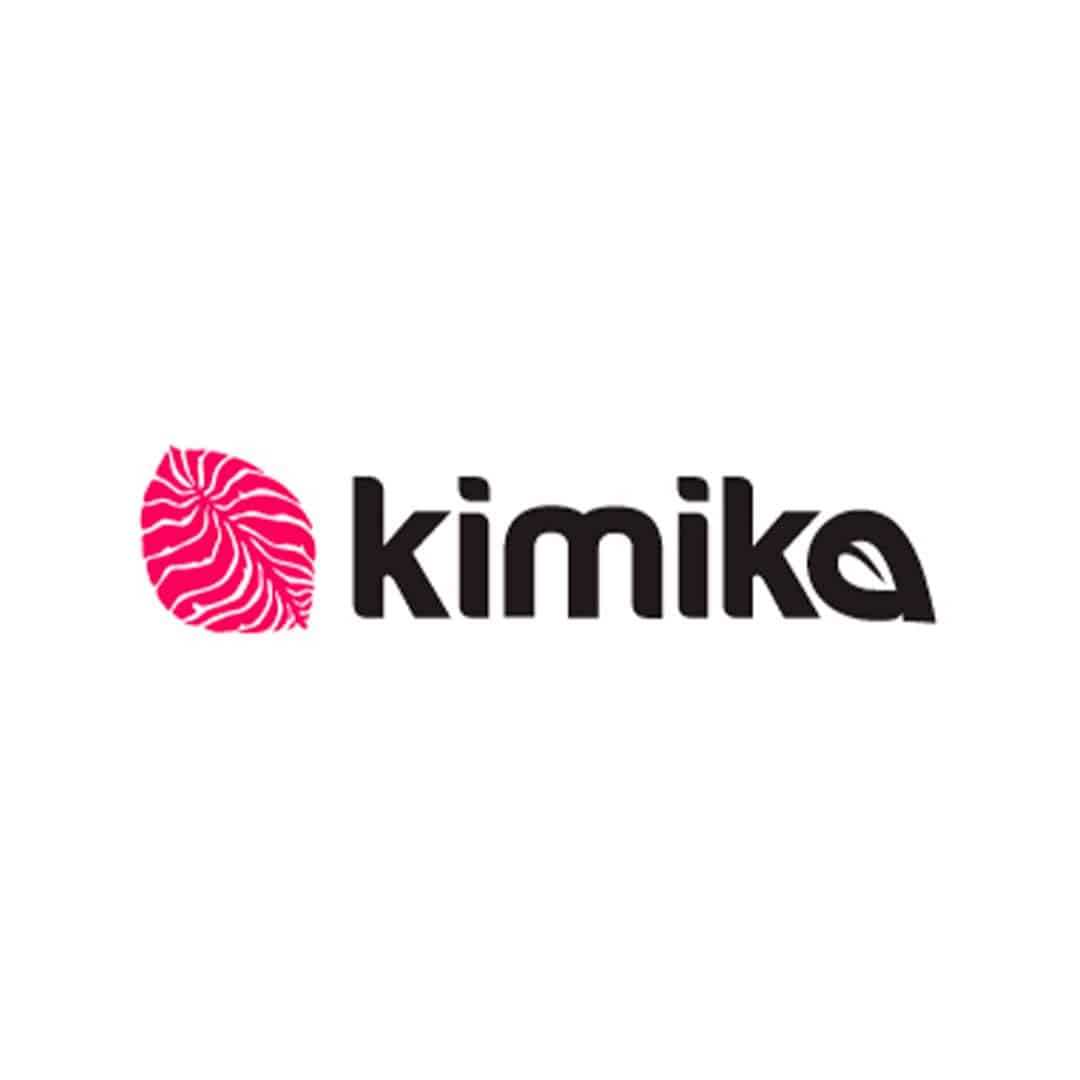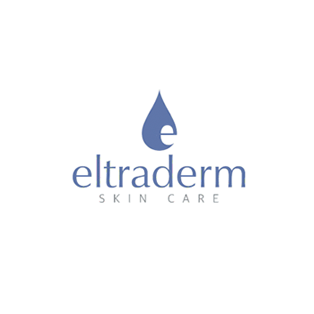Hair dyeing is a common practice for many people looking to change their appearance or cover gray hair. However, there are concerns about the potential health risks and environmental impact associated with hair dye products. This article explores the ingredients in hair dyes, their effects on hair health, allergic reactions, and how to choose the right hair dye for your hair type while considering environmental and ethical factors.
Key Takeaways
- Hair dyes contain various chemicals, some of which may pose health risks, including allergic reactions and potential long-term effects.
- Natural and eco-friendly hair dye alternatives are available and can be a safer option for both personal health and the environment.
- Proper hair care and maintenance can help mitigate the damaging effects of hair dye on hair strength and structure.
- Consulting a professional can help you choose the right type of hair dye and ensure it is applied safely and effectively.
- Understanding the myths and facts about hair dye can help you make informed decisions and avoid common misconceptions.
Understanding the Ingredients in Hair Dyes
Common Chemicals in Hair Dyes
Hair dyes can contain a wide range of chemicals, making it challenging to understand their potential effects. Some of the most common chemicals found in hair dyes include:
- Para-phenylenediamine (PPD): Often used in permanent hair dyes, PPD can cause severe allergic reactions in some individuals.
- Resorcinol: This chemical is used to bond the dye to the hair but can be irritating to the skin and eyes.
- Ammonia: Used to open the hair cuticle so that the dye can penetrate, ammonia can cause respiratory issues and skin irritation.
- Hydrogen Peroxide: Commonly used as a bleaching agent, it can weaken the hair structure over time.
Potential Health Risks
The health risks associated with hair dyes can vary depending on the ingredients and the individual’s sensitivity. Prolonged exposure to certain chemicals in hair dyes has been linked to an increased risk of cancer, particularly bladder cancer. Other potential health risks include:
- Allergic reactions, which can range from mild itching to severe swelling and difficulty breathing.
- Skin irritation and dermatitis.
- Respiratory issues from inhaling fumes, especially in poorly ventilated areas.
Natural Alternatives
For those concerned about the potential health risks of chemical hair dyes, natural alternatives are available. These options are generally considered safer and less likely to cause adverse reactions. Some popular natural hair dye alternatives include:
- Henna: A plant-based dye that can provide a range of red to brown shades.
- Indigo: Often used in combination with henna to achieve darker shades like black or dark brown.
- Chamomile: Can be used to lighten hair naturally, especially effective for those with blonde or light brown hair.
- Beet Juice: Provides a temporary red tint and is free from harsh chemicals.
Considering natural hair dyes can be a safer alternative to chemical-based products, offering a way to color hair without the associated health risks.
How Hair Dye Affects Hair Health
Damage to Hair Structure
Hair dyes can weaken and damage hair, making it look unhealthy. The chemicals in hair dye can strip the hair of its natural oils and proteins, leading to dryness and breakage. Proteins make up about 95 percent of a dry hair strand, and these proteins act like a roof’s shingles, protecting the strand underneath from moisture, heat, and UV rays from the sun. When these proteins are damaged, the hair becomes more susceptible to environmental stressors.
Impact on Hair Strength and Thickness
Hair dyes add color to hair strands but may cause hair damage, including loss of hair strength and reduced thickness. The process of dyeing can lift the hair cuticle, making it more porous and prone to damage. This can result in hair that feels weaker and less resilient. Practicing hair-friendly techniques like limiting heat styling and conditioning the hair can help minimize damage whenever possible.
Repairing Dyed Hair
While hair dyes can cause damage, treatments such as conditioners and specially formulated shampoos may help repair hair damage from hair dye. Here are some tips to help replenish and maintain healthy hair after dyeing:
- Use deep conditioning treatments regularly.
- Avoid excessive heat styling.
- Opt for hair dyes with nourishing ingredients.
- Trim your hair regularly to remove split ends.
Dyeing your hair closer to its natural color may also limit time exposure to hair dyes and help minimize damage.
By following these tips, you can help maintain the health and appearance of your dyed hair.
Allergic Reactions to Hair Dye
Symptoms of Allergic Reactions
Certain ingredients in hair dye, such as PPD, may cause an allergic reaction. The following can be signs of an allergic reaction:
- Irritation
- Swelling
- Itching
- Sores
- A burning sensation
- Skin discoloration
An allergic reaction may occur straight after using a product or a few days later. If people have any swelling of the face or neck or any difficulty breathing, it could be a sign of a severe allergic reaction, and they must seek immediate medical help.
Preventing Allergic Reactions
To check for an allergic reaction to a hair dye, people can first perform a patch test. Each hair dye product may have individual instructions for a patch test that people can follow. Here are some general steps:
- Apply a small amount of the dye to a patch of skin, usually behind the ear or on the inner elbow.
- Wait 24-48 hours to see if any reaction occurs.
- If no reaction is observed, it is generally safe to use the product.
Note: Not all people who have an allergic reaction to hair dye will have a reaction from a patch test.
What to Do If You Have a Reaction
If you experience an allergic reaction, follow these steps:
- Stop using the product immediately.
- Rinse the affected area with plenty of water.
- Apply a soothing lotion or cream to the affected area.
- Take an antihistamine to reduce itching and swelling.
- Seek medical attention if symptoms persist or worsen.
In rare instances, hair dye can cause severe allergic reactions. Swelling of the lips and eyes are early indicators of allergic reactions. Seek emergency medical attention if you start to experience problems breathing after applying hair dye.
Choosing the Right Hair Dye for Your Hair Type
When selecting a hair dye, it’s essential to understand the differences between temporary and permanent dyes. Temporary dyes only coat the outer layer of the hair shaft and typically wash out after one shampoo. They are ideal for those looking to experiment with color without long-term commitment. On the other hand, permanent dyes penetrate the hair shaft, providing long-lasting color that only fades as new hair grows. This type of dye is suitable for those seeking a more enduring change or covering gray hair effectively.
Different hair types react differently to various dyes. For instance, fine hair may absorb color more quickly, resulting in a more intense shade, while coarse hair might require a longer processing time. Here are some tips for matching dye to hair type:
- Fine Hair: Opt for semi-permanent dyes to avoid over-processing.
- Coarse Hair: Permanent dyes may be more effective in achieving the desired color.
- Curly Hair: Use moisturizing dyes to prevent dryness and maintain curl pattern.
Before making any significant changes to your hair color, consulting a professional can be incredibly beneficial. A professional hair colorist can assess your hair type, texture, and current condition to recommend the best dye and application method. They can also perform a patch test to ensure you don’t have an allergic reaction to the dye. Additionally, professionals have access to high-quality products that may not be available over the counter, ensuring a better and safer coloring experience.
Consulting a professional can save you from potential hair disasters and ensure you achieve the desired result with minimal damage.
Environmental and Ethical Considerations
Eco-friendly hair dye options are becoming increasingly popular as consumers become more conscious of their environmental impact. These dyes often use natural ingredients and avoid harmful chemicals. However, it’s important to note that “organic” dyes aren’t necessarily any safer than non-organic ones, according to the FDA. They may be sourced differently, but this doesn’t guarantee they are safer for your hair or health.
Many consumers are also concerned about the ethical implications of their hair dye choices. Cruelty-free brands do not test their products on animals, making them a more ethical choice. Look for certifications like Leaping Bunny or PETA’s cruelty-free logo to ensure your hair dye is not contributing to animal suffering.
Sustainable packaging is another important consideration. Brands are increasingly using recyclable or biodegradable materials to package their products. This reduces the environmental footprint of hair dye products and aligns with a more eco-conscious lifestyle.
When choosing hair dye, consider not just the color but also the environmental and ethical impact of your choice. Opting for eco-friendly, cruelty-free, and sustainably packaged products can make a significant difference.
Myths and Facts About Hair Dye
Does Hair Dye Cause Hair Loss?
One common myth is that hair dye causes hair loss. Hair dye or hair color can’t penetrate the scalp and reach the hair follicle, so it doesn’t cause hair loss. However, improper application or overuse of hair dye can lead to hair breakage and damage, which might give the appearance of hair thinning.
Is Dirty Hair Better for Dyeing?
It’s time to break the myth that dirty hair is better before getting your hair colored. Clean hair will color better with more uniform results, better gray coverage, and increased longevity. Hair that is not cleaned is only appropriate if you are doing a global lightening with lightener.
Does Hair Dye Work on All Hair Types?
Hair dye can work on all hair types, but the results may vary. Factors such as hair porosity, natural color, and hair health can influence the final outcome. For best results, it’s advisable to consult with a professional who can tailor the dyeing process to your specific hair type.
Understanding the myths and facts about hair dye can help you make informed decisions and achieve the best results while maintaining hair health.
Maintaining Healthy Hair After Dyeing
After dyeing your hair, it’s crucial to adopt a hair care routine that helps maintain its health and vibrancy. Use moisturizing shampoos and conditioners to help your hair retain moisture. Avoid shampoos with high amounts of detergents, as they can be more damaging. Additionally, limit the use of heat styling tools like flat irons and blow dryers. When you do use them, apply thermal heat protectant sprays or lotions beforehand.
Choosing the right products can make a significant difference in maintaining healthy dyed hair. Here are some recommended products:
- Moisturizing Shampoos and Conditioners: These help in retaining moisture and preventing dryness.
- Thermal Heat Protectants: Sprays or lotions that protect your hair from heat damage.
- Shampoos with Lipids and Proteins: These can help repair damage and strengthen your hair.
To keep your dyed hair healthy, avoid these common mistakes:
- Over-washing: Washing your hair too frequently can strip it of natural oils and color. Aim to wash your hair 2-3 times a week.
- Skipping Conditioner: Always use a conditioner to keep your hair hydrated and manageable.
- Using Hot Water: Wash your hair with lukewarm or cool water to prevent color fading and dryness.
- Frequent Dyeing: Allow time to pass between dyeing sessions to minimize damage. Less frequent dyeing can help maintain your hair’s health.
Remember, maintaining healthy hair after dyeing is all about using the right products and adopting a gentle hair care routine. If you’re ever in doubt, consult with a professional stylist for personalized advice.
Maintaining healthy hair after dyeing is crucial for long-lasting color and vibrant locks. At Salon Deauville, we offer a range of services to help you keep your hair in top condition, from nourishing treatments to expert advice. Visit our website to explore our full suite of hair care services and book your appointment today!
Conclusion
In conclusion, while hair color can potentially cause minimal damage to your hair, proper care and professional application can significantly minimize these risks. Modern hair color products often include nourishing ingredients that help maintain hair health, making them gentler on your strands than ever before. It’s essential to choose the right type of hair dye and follow best practices, such as limiting heat styling and conditioning the hair, to keep it looking and feeling healthy. If you’re concerned about the potential risks, consult with a professional stylist who can guide you towards safer options and techniques. Ultimately, with the right approach, you can enjoy vibrant, beautiful hair color without compromising the health of your hair.
Frequently Asked Questions
Will hair color damage your hair?
Hair color can potentially cause minimal damage to your hair, but with proper care and professional application, it can be minimized. Today’s deposit-only hair color products often include nourishing ingredients to help maintain hair health, making them gentler on your strands than ever before.
Will hair color take on dirty hair?
It’s time to break the myth that dirty hair is better before getting your hair colored. Clean hair will color better with more uniform results, better gray coverage, and increased longevity. Hair that is not cleaned is only appropriate if you are doing a global lightening with lightener.
Why does hair color turn orange or copper over time?
Hair color can turn orange or copper over time due to several factors, including exposure to sunlight, water minerals (pools and even water in your home), and the natural oxidation process. This can cause the underlying warm tones in the hair to become more prominent, resulting in an orange or coppery appearance.
Can hair color cause hair loss?
Hair dye or hair color can’t penetrate the scalp and reach the hair follicle, so it doesn’t cause hair loss.
What does permanent and demi-permanent hair color mean?
Permanent hair color penetrates the hair shaft and lasts until new hair grows, covering gray hair for longer-lasting results. Demi-permanent color doesn’t penetrate as deeply and gradually fades over time. Semi-permanent color sits on the hair’s surface and washes out after several shampoos, providing a temporary color change.
Are hair color consultations free?
At our Montreal salon, we gladly offer free color consultations where we examine your skin tone and pair you with a complimentary color. Our hair colorists are highly skilled and well-versed when it comes to matching your skin tone (and personality) with the right color.

